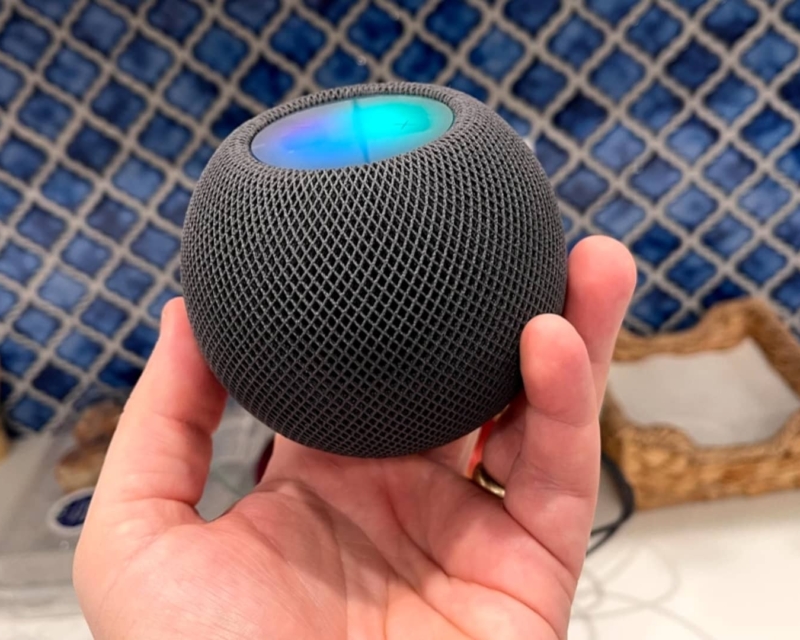Apple’s Smart Home Revolution: Screened HomePod and Apple Intelligence
In the ever-evolving landscape of smart home technology, Apple appears poised to make a significant leap forward. The latest buzz suggests that the tech giant is working on a HomePod with a screen, powered by what is being termed “Apple Intelligence.” This move could redefine the way we interact with our smart homes, blending the aesthetic appeal of Apple products with advanced artificial intelligence.
Recent code discoveries by MacRumors have unearthed references to a mysterious “HomeAccessory 17,1,” a potential game-changer in Apple’s smart home lineup. This new device is rumored to be a HomePod, but not as we know it. Picture a HomePod with a sleek display, seamlessly integrating with Apple’s ecosystem, offering a more interactive and visually engaging experience.
Current HomePods, while stylish and acoustically impressive, lack the visual interface that has become a staple in smart home devices. Competitors like Amazon’s Echo Show and Google Nest Hub have set the standard for smart displays, combining voice assistants with screens to enhance user interaction. Apple’s foray into this territory, especially with a device powered by Apple Intelligence, could elevate the market competition to new heights.
Apple Intelligence is more than just a rebranding of Siri. It represents a leap towards a more intuitive, responsive, and capable smart assistant. Imagine a HomePod that not only responds to voice commands but also anticipates needs, provides contextual information, and integrates seamlessly with all Apple devices. This would transform the HomePod from a simple smart speaker into the central hub of a smart home, capable of managing everything from lighting and climate control to security and entertainment.
The implications of such a device are profound. For one, it underscores Apple’s commitment to enhancing the smart home experience. While the current HomePods are excellent in their own right, they are limited by their lack of a visual interface. A HomePod with a screen could bridge this gap, offering users a more comprehensive control center for their smart home devices.
Moreover, the integration of Apple Intelligence suggests a more personalized user experience. Apple’s focus has always been on creating products that feel natural and intuitive, and this new development could take that philosophy to the next level. A smarter, more responsive HomePod could learn user preferences, streamline daily routines, and even provide proactive suggestions.
Of course, this also raises the bar for privacy and security, areas where Apple has traditionally excelled. As smart home devices become more integrated into our daily lives, the need for robust security measures becomes paramount. Apple’s emphasis on privacy could give it a competitive edge, reassuring users that their data is safe while enjoying the benefits of advanced AI.
In conclusion, the rumored HomePod with a screen, powered by Apple Intelligence, represents a significant evolution in smart home technology. It promises to enhance the user experience, offering a more interactive, intuitive, and secure way to manage smart home devices. As we await the official announcement, one thing is clear: Apple’s entry into the smart display market could be the dawn of a new era in home automation.






